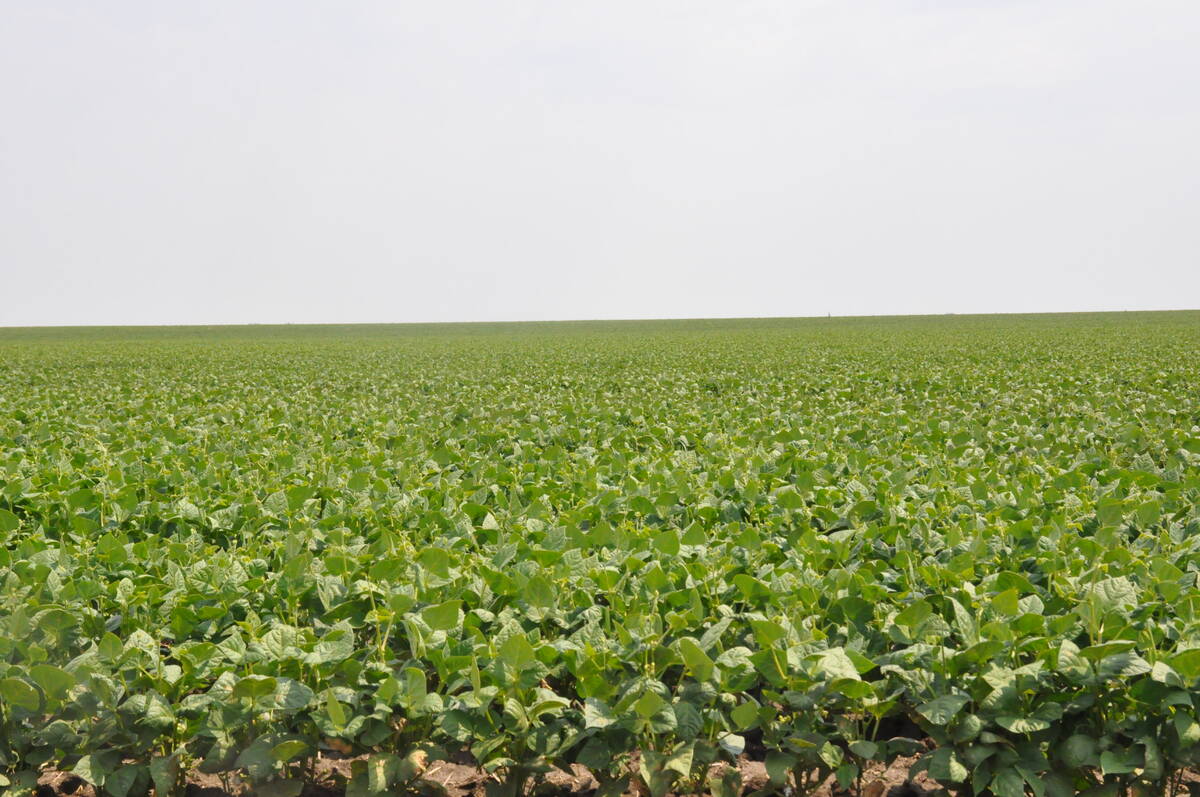Fed prices rise
Fed cattle prices established new annual highs last week. From second half of the year lows in July, fed prices have rallied 10 percent.
Over the past few weeks, packers haven’t bought many cash cattle, and some producers have deferred marketings in hopes of higher prices in late December.
Last week, dressed sales were reported from $275-$278 per hundredweight delivered, with most trade at $278 per cwt. Cattle traded last week were scheduled for the weeks of Jan. 3, 10 and 17 delivery. Competition on the cash market was decent, but in some cases packers limited the volume of cattle they bought from each producer.
Read Also

Coloured bean production down, whites are up
Bean prices have been slumping and the outlook is for more of the same.
With more yearlings entering the slaughter mix, grading continues to hold up well. For the week ending Dec. 11, the Canadian Prime and AAA percentage was 75.9 percent compared to the five-year average of 70.57 percent. From late November-early December, Prime and AAA grading has been record high for each respective week.
In Ontario, dressed sales were reported from $277-$280 per cwt. delivered, steady to $2 per cwt. higher. Cattle were being booked for one to two-week delivery. Fed prices are the highest since June 2020.
In the United States, dressed sales in Iowa and Nebraska ranged from US$216-$220 per cwt., $1-$2 per cwt. lower than the previous week. Live sales in Texas and Kansas ranged from $136-$138 per cwt., $2 per cwt. weaker.
Steer carcass weights increased two pounds to average 928 lb., the largest weight seen this year. Beef cow slaughter continued historically large.
U.S. beef exports for the month of October were nine percent larger than last year. More beef was shipped to South Korea, Japan and China. Beef imports in October were 17 percent larger than last year, and Canada was the top import supplier.
Cow prices up
There was another solid bump to cow prices at auction marts last week. Supplies continue to tighten and local demand has been supportive. With limited auctions this week, packers need to get supplies for the Christmas holiday period.
D2 cow prices were $4.60 per cwt. higher than the previous week to average $76.10 per cwt. and have jumped more than $9 per cwt. in recent weeks. D3s averaged $67.50. Slaughter bulls averaged $99.79 per cwt.
Cow prices have rallied 25 percent from their low just over a month ago. They are more than $5 per cwt. above a year ago but almost $8 per cwt. below 2019.
Ontario prices also saw a second consecutive increase, but prices are at a significant discount to the West. The week of Dec. 6 was the third consecutive week that western cow slaughter was below a year ago, while eastern Canadian cow slaughter has been above a year ago for 15 straight weeks.
Feeder tone strengthens
There was a stronger tone on the feeder market last week. Generally, all cattle types and weights were stronger, with heavier weight cattle seeing bigger increases.
Heavier calves and feeders are all above a year ago, while lightweight calves are below. Steer calf prices increased in the previous three weeks but are still at the lowest level for this time of year since 2016 and are $3 per cwt. below the five-year average.
Feeder cattle prices have also strengthened but are $3 per cwt. higher than the five-year average for the same week.
Eastern Canadian buying interest continued to support western calf and feeder prices, and Manitoba calf and feeder prices traded at a premium to Alberta. Pre-conditioned calves also saw a premium last week.
Auction volumes continue to be modest after the heavy run seen earlier in fall. In the previous three weeks, Alberta auction volumes have been 24 percent below last year and 19 percent below 2019. Feeder exports to the U.S. remain above a year ago, which is expected to continue into the new year.
Prices for bred cattle were lower by $100-$200 per cow last week. Bred cow prices ranged from $1,075 to $2,250 and bred heifers sold in a $1,600-$2,900 per head range.
Cutouts weaken
In U.S. beef trade, cut-out values weakened and storms affected some processing operations, causing supply disruptions. Choice averaged US$262.97, and Select averaged $248.14 per cwt.














